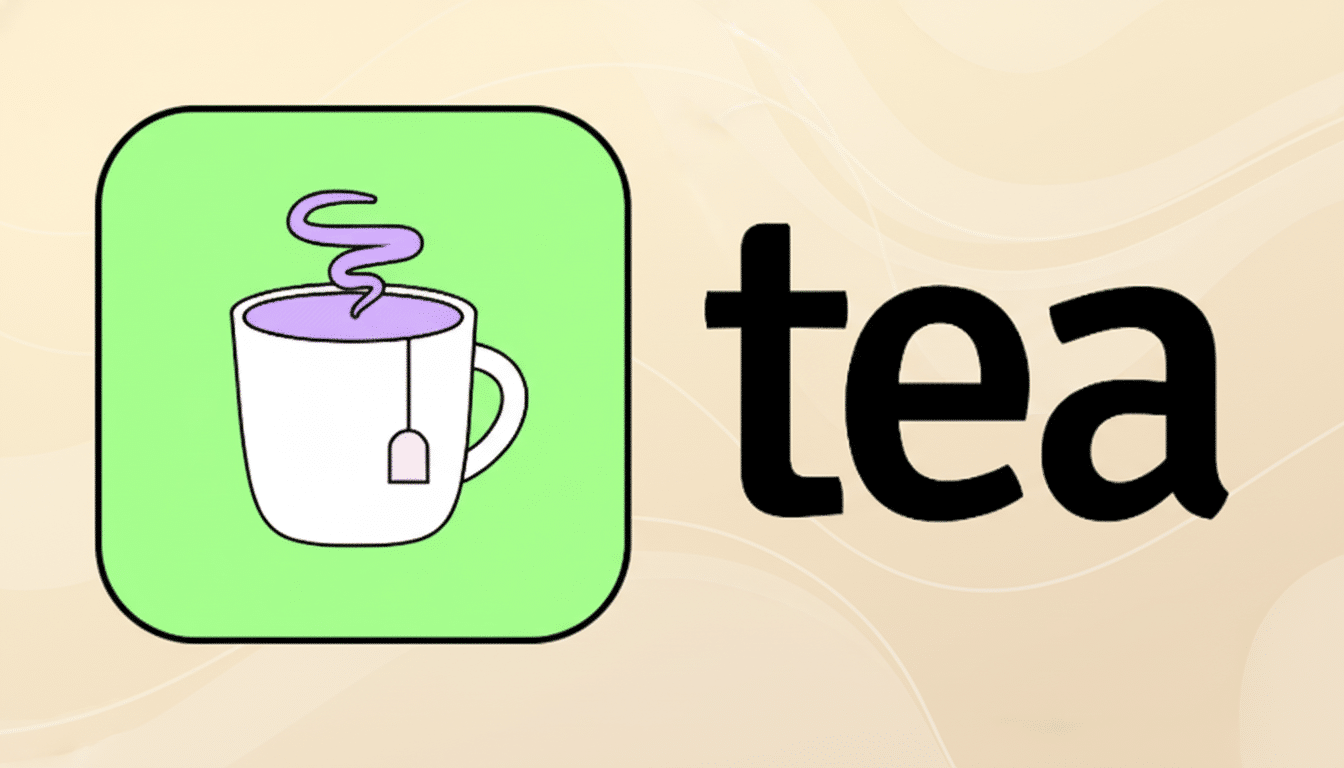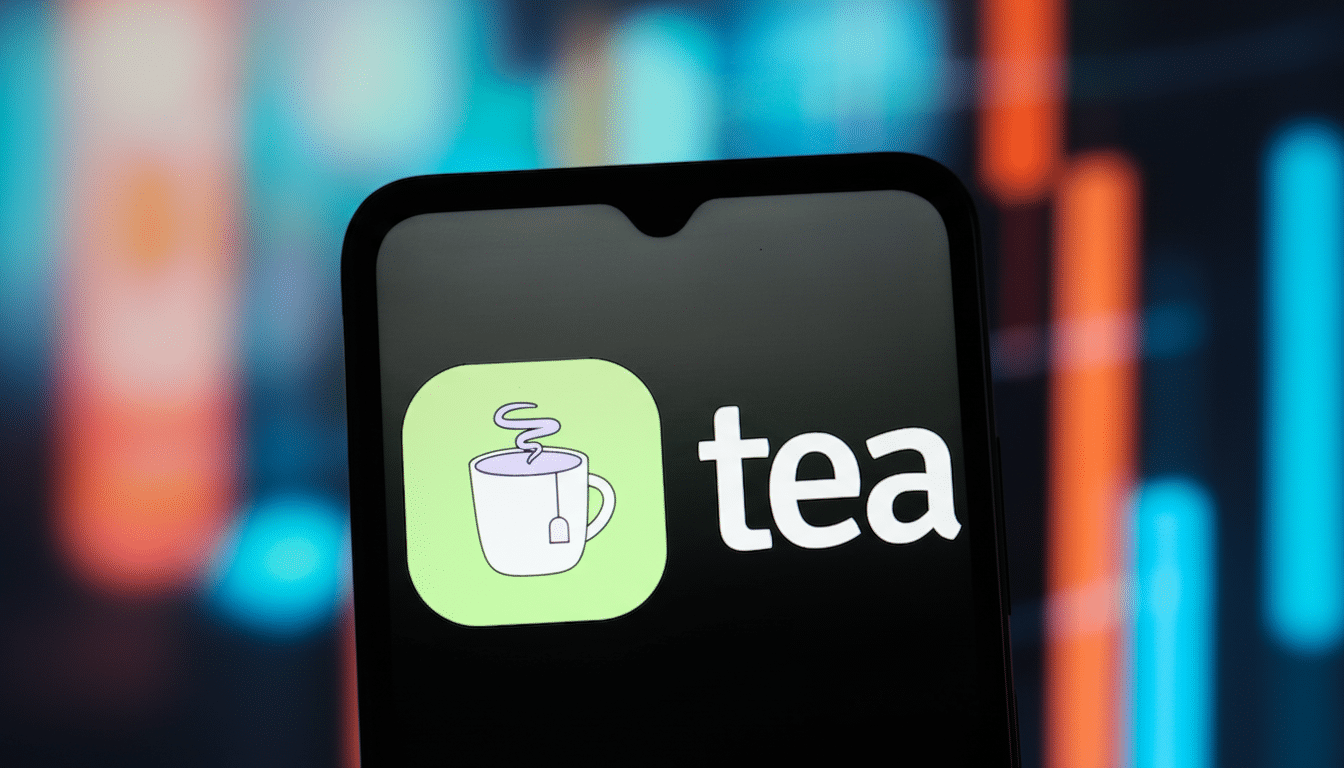Apple has admitted its removal of viral dating apps Tea and TeaOnHer from the App Store was in response to a lack of content moderation and inability to protect user privacy, along with an atypically high number of customer complaints. The titles — Tea Dating Advice and TeaOnHer — violated App Review Guidelines, in particular rules surrounding user-generated content, data usage and developer behavior, according to the company.
An Apple spokesman said the developers in question were alerted to the problems but didn’t fix them to its satisfaction. The apps, which blew up by allowing people to share reputational “intel” about their dates, are no longer available to iPhone users as of Tuesday morning and can still be found on Google Play.

Moderation, Privacy And Conduct Rules Cited By Apple
Apple cited three specific policies: 1.2 (an app with user-generated content must include “sufficiently robust” reporting, moderation and the ability to block abuse), 5.1.2 (not using or disclosing personal data without permission) and section 5.6 of the Developer Code of Conduct, which cautions about excessive negative reviews and user reports indicating systemic product issues.
The company also said it flagged complaints that minors’ personal information had been posted in the apps — a red line for any service that deals with sensitive content. Privacy advocates have warned for years that crowdsourced “reputation” systems can fall into doxxing and harassment when the protections are not airtight, a balance Apple is increasingly weighing as it makes enforcement decisions across social and dating categories.
How The Apps Worked, and Why They Attracted Scrutiny
Tea, which was standing by in obscurity until going viral this year, promoted itself as a dating safety tool for women — an app that would enable your matches to rate and review you like one of those magazine forums where people swap notes on Match.com users.
The app encouraged users to divulge information about men — anything from a general impression, to “green flag” or “red flag” tags — and in some instances, specific identity details.
That model both produced blistering growth and fierce backlash. Proponents presented the service as a community-empowered safety shield for online dating. Critics said it potentially allowed for defamation and privacy breaches. For the platform operators, the potent mix of wide virality, personal data and essentially open-ended user submissions meant that moderation had to be quick and enforcement consistent — a bar that both apps ultimately failed to clear, according to Apple.
Growth, Breach And The Numbers Behind The Decision
The scale was significant. The app intelligence firm Appfigures estimates that Tea had some 6.1 million downloads of all time and grossed around $5 million in revenue. TeaOnHer saw about 2.2 million downloads yet provided no mechanism for in-app purchases. High use speeds up both community good and bad — and it tends to magnify the results when moderation breaks down.

Adding to the worries, Tea experienced a data breach over the summer in which intruders stole approximately 72,000 images, including an estimated 3,000 selfies and photo IDs for verification as well as around 59,000 images of posts, comments and direct messages. For a service that’s all about the sharing of intimate, interpersonal information, such an enormous breach only intensifies regulator and platform interest — especially in cases where policies demand data minimization and explicit consent.
As Originals Leave The iOS Store, Copycats Emerge
With Tea and TeaOnHer absent from the App Store, copycats are emerging to take their place. One of the lookalikes, TeaOnHer and Him — Overheard, has had about 354,000 total downloads and rose from No. 90 on the overall charts to No. 27, according to estimates in Journal du Net (article in French). The discoverability dynamics around high-profile takedowns often benefit fast-follow apps, a cycle that can stretch the governance of platforms as new titles quickly iterate on controversial ideas.
For the time being, Tea and TeaOnHer are both still available on Google Play — underlining the varied enforcement timelines and standards that can exist across mobile ecosystems. Though stores make their own rules, Apple’s UGC guidelines generally adhere to industry norms of having clear reporting tools and timely removals, and handling personal data under strict privacy.
What Developers and Users Can Expect Next
Reinstatement on iOS usually would involve concrete fixes, such as audited moderation pipelines, demonstrable moderation that occurs at scale, or the implementation of device- and app-level blocking systems. The changes needed include:
- More robust, clear communication in customer support
- A clear path for users to view violations
- Appeals decisions made by a human, not an automated system
TikTok’s spokeswoman said.
If the platform is one whose developers are depending on community posts that intersect in some way with meatspace identities, they should be embarking on a strategy to include proactive detection, rate limiting, and meaningful appeal flows, not just reactive report buttons.
For users, the removals underscore a simple reality: If an app rewards sharing reputational or personally identifying information, trust depends on protections you can see — big reporting buttons, clear policies and signs that harmful content is taken down quickly. In their absence, platforms are filling the breach ever more frequently. Only if Tea and TeaOnHer rebuild those protections so as to match the size of their communities will there be hope of their return.

